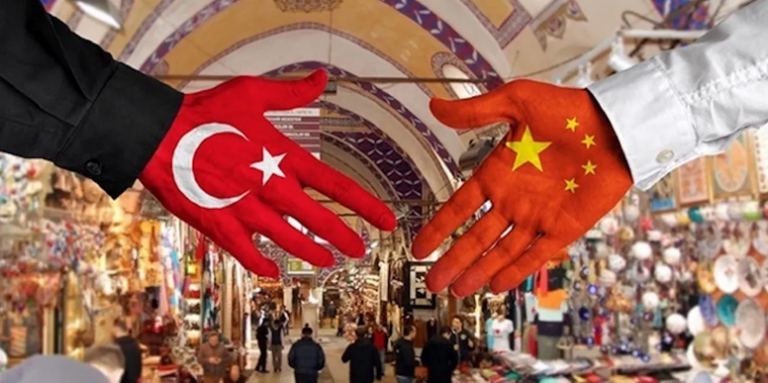Despite a catastrophic currency devaluation and 50% annual inflation as of December, Turkish manufacturing is booming and exports have risen by more than half from pre-pandemic levels.
A real economic boom in the midst of financial disaster is puzzling, but there’s a simple explanation: Turkish manufacturing doesn’t have much to do with Turkey. It buys Chinese capital equipment and semi-finished goods and sells the finished products to Europe.
Turkey has found a niche in the fast-growing trade relationship between Europe and China as a producer of steel products, chemicals, household appliances and other goods, concentrating on more labor-intensive and environmentally problematic industries.
Its economic dependence on China has increased significantly. This helps explain why Turkey eschewed American efforts for a diplomatic boycott of the Beijing Winter Olympics to protest against China’s treatment of its Uighur minority, even though the Uighurs speak a Turkish dialect and have strong cultural and religious ties to Turkey.
The independent investigators tracking Russia’s military buildup
Mao Zedong might have said that political power grows out of the barrel of a gun, but for Xi Jinping, it is more likely to grow out of the door of a shipping container.
China’s imports from the rest of Asia have nearly tripled during the past five years, prompting 15 Asian countries including Australia to join the Regional Comprehensive Economic Partnership with China – but not the United States.
That was an important Chinese diplomatic victory. Now, a quantum jump in Sino-Turkish trade is likely to enhance China’s political influence in Western Asia.
Read more: Asia Times
Ask me anything
Explore related questions





